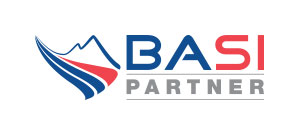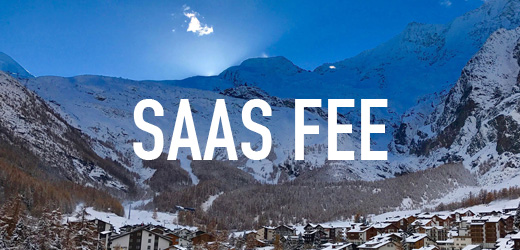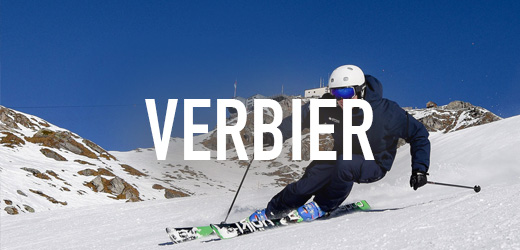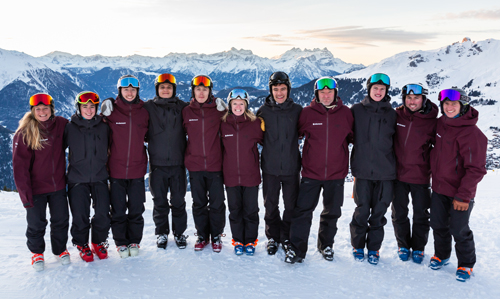DO PASS RATES MATTER?
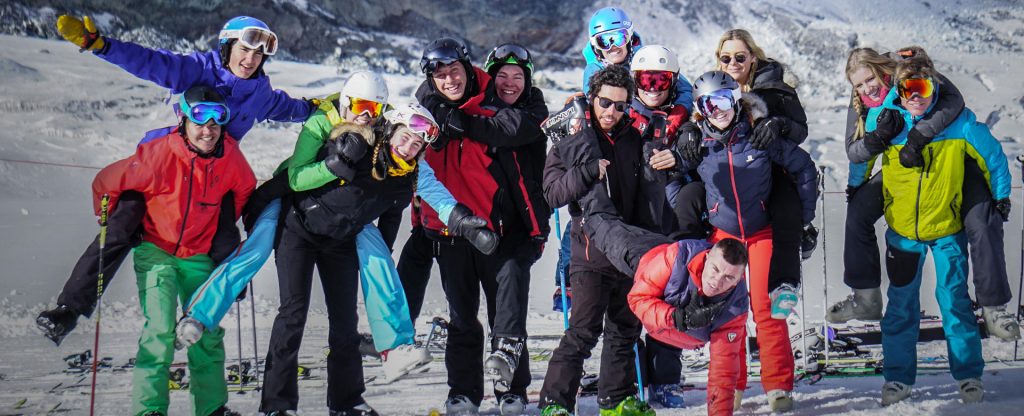
PASSING BASI EXAMS IS TOUGH,
SO ARE PASS-RATES THE BEST WAY TO COMPARE COURSES?
We get asked this question a lot and it’s a really important question.
However the answer isn’t a straight yes or no, because every course is different and it’s important to look at the reasons pass rates are high or low.
SO WHAT’S NORMAL?
BASI say that on a normal course they see a pass rate of about 70% on the Level 1 exam and about a 62% pass rate on the Level 2 exam.
People are often surprised by this – assuming that everyone passes.
But the truth is that BASI exams are professional qualifications that have to be held to the same high standards as any other vocational qualification.
On most courses we follow these averages and very rarely go below, but some seasons we exceed the averages – sometimes by quite a lot.
For example last season we had 100% pass rate on a Level 1 in Verbier and a 92% pass-rate on the Level 2.
But every course is different and so is every trainee.
WHAT DO WE NEED TO FACTOR IN WHEN LOOKING AT RESULTS?
There are a lot of variables.
There are the trainees, the weather, the kit you ski on, the slopes you train on, the examination pitches…
But the most obvious factor are the trainees themselves…
After all, if a group of trainees have all been in the British race team then you’d expect everyone to pass the exams – certainly the technical side of things.
Equally if a group of trainees start the course skiing in a snow-plough, then getting them to the Level 2 standard is a big ask.
The truth is you simply never know what the standard of any group will be.
Of course how skiers turn up and how they finish can be very different – some seasons the weakest skier on day one becomes the most improved and aces all the exams.
But there are more variables…
Weather can be a real problem too – if you are skiing well and the weather turns ugly during your exam it’s harder to make changes and show what you can do.
But then again if you train in perfect visibility on great snow you can make huge changes and the weather in the exams won’t mater much…
Some years it can be cruel and have a big impact – that’s rare, but it can happen.
It’s also vital to have the right kit and train on the right terrain – if you spend all season on a race piste you will probably end up failing snowplough…
With all these variables, pass-rates are just one way to asses a course.
SO WHAT’S THE ANSWER?
If the pass-rates aren’t the best way to assess a course, then what is?
But one common theme in getting trainees to improve and pass is the structure and quality of the coaching they receive.
If you spend the course being coached by experts your results are better than (for example) the same group being coached by less qualified instructors.
That’s why we make sure that we control the things that are controllable – and that means the schedule and the coaches themselves.
We can’t magic up good weather or make trainees better before they arrive, but a good coach can prepare you for anything and help you take your skiing to the next level.
They will train you and prepare you for passing whatever the weather and whatever the examiner throws at you. Plus they will make sure that you have the right kit that’s prepared in the right way to give you the best possible chance.
So our team is overflowing with top qualified BASI Level 4 instructors and BASI examiners.
Which means every trainee has the best preparation for passing their exams – and taking their skiing to a new level.
But if you aren’t sure, just have a read of some of our brilliant reviews or get in touch to find out more about our coaches and our training.




